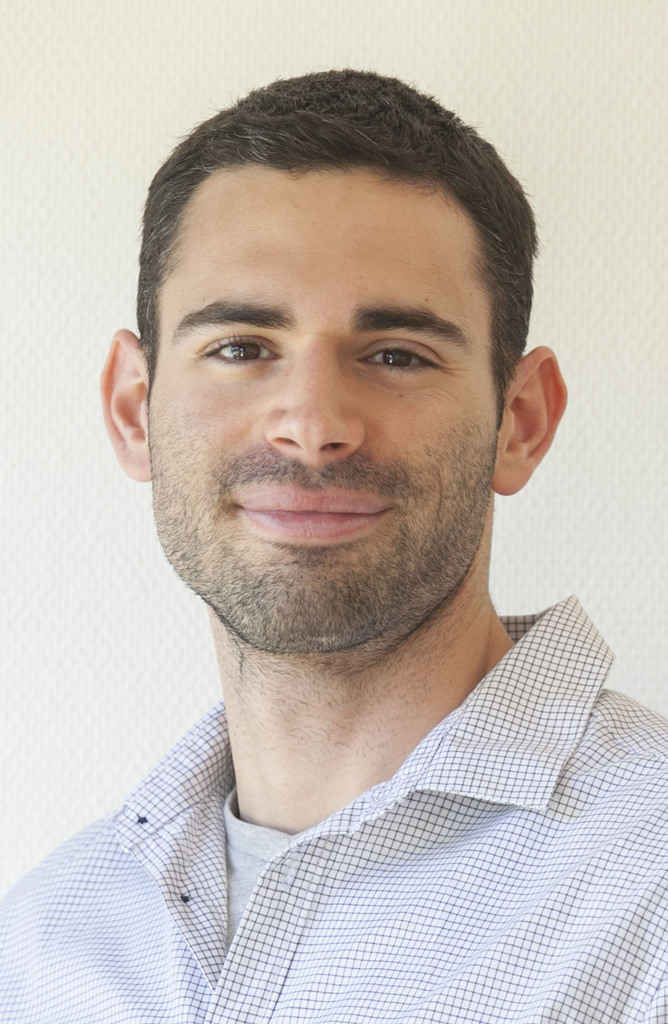Ido Sagi 2015-2016

- Institution of PhD:
- Hebrew University of Jerusalem
- Academic Discipline of PhD:
- Genetics
- PhD Advisor/s:
- Prof. Nissim Benvenisty
- Dissertation Topic:
- Genetic and Epigenetic Regulation in Human Pluripotent Stem Cells
- Present Institution:
- Hebrew University of Jerusalem
- Present Academic Position:
- PhD Student
- Email:
- ido.sagi@mail.huji.ac.il
- CV
- Publications
Ido Sagi, a native Jerusalemite, has been drawn to science since he was very young. He attended The Hebrew University High School in Jerusalem, where his major was biology. Following military service in the Israeli Intelligence Corps, he began his study of life sciences at The Hebrew University with an eye towards a career in biomedicine. A participant in the Amirim–Science and Etgar–Life Sciences honors programs, he won the Rector’s and Dean’s prizes each year for outstanding undergraduate students. He graduated early, receiving his BSc summa cum laude.
Ido’s interest in experimental genetics led him to become a research student in Prof. Nissim Benvenisty’s lab during his first year at university. The Benvenisty group specializes in genetic research using human stem cells, which are extremely useful in modeling human development and disease and which have unparalleled potential for regenerative medicine. Ido has contributed to several studies with important implications for understanding and treating human disorders, published in Nature, Nature Genetics, and other journals.
Under the supervision of Prof. Benvenisty, Ido is currently pursuing a direct PhD as a member of the Mada–Life Sciences excellence program. His research, centered on genetic and epigenetic mechanisms in human pluripotent stem cells, is largely dedicated to determining the regulation and function of imprinted genes. These genes, activated only on the basis of their parent-of-origin inheritance, are instrumental in creating viable individuals; their dysregulation can cause developmental disorders and malignancy. One of Ido’s latest projects explored the stability of imprinted genes after the use of different stem cell derivation methods. The work was presented at an international conference and published in Cell Stem Cell.
While continuing his research at The Hebrew University, Ido heads an undergraduate honors program course, based on a curriculum he developed in the Genetics Department.
